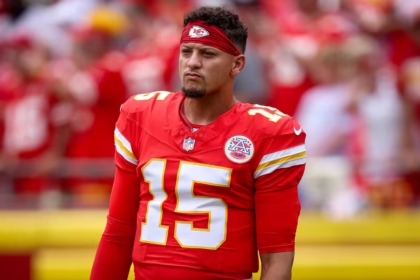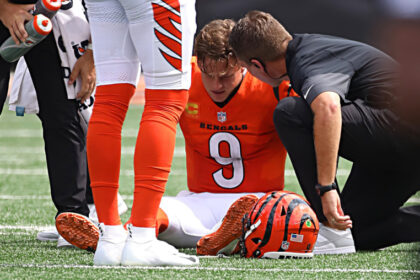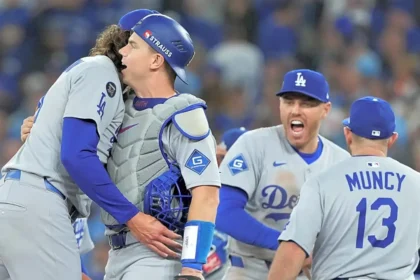College sports governing body considers allowing athletes to bet on pro games
The NCAA is on the cusp of a pivotal rule change that would allow student-athletes and athletic department staff at its member institutions to place bets on professional sports a move that would mark a major shift in its long-standing approach to gambling and competition integrity.
What’s happening
For decades, the NCAA prohibited any athlete, coach, staff member or official from wagering on any sport managed by the association or sharing insider information about collegiate athletics. Under the new proposal, while betting on college sports would remain off-limits, those individuals would be permitted to bet on professional sports provided they abide by new integrity protections.
The rule change, which still requires formal adoption, could take effect as soon as November 22 if the necessary approval thresholds are met. Among the remaining steps: each NCAA division must complete its internal voting process and members must have the opportunity to rescind the rule under the governance structure. The proposal emerged amid a surge of investigations into sports-betting violations involving collegiate athletes and staff.
Why this matters
The tightening of betting-rules for athletes comes at a time when sports wagering has become legally widespread across U.S. states. The NCAA argues that its previous blanket ban has become increasingly difficult to enforce in a modern environment and that reform is necessary to reflect the new reality. Proponents of the change say it could allow more transparent oversight and help protect student-athletes by integrating them into regulated frameworks rather than forcing underground behaviour.
However, critics warn the change could blur the line between amateur athletics and gambling commercialisation. They fear the shift may raise integrity risks, especially for college programs still grappling with illicit betting schemes, insider wagering and game-manipulation cases. Recent scandals including multiple investigations of college athletes allegedly betting against their own teams have intensified the debate.
Key components of the proposal
-
Betting on professional sports would be permitted for eligible participants; wagering on college sports would still be banned.
-
Individuals would still be barred from sharing insider information about college athletics or participating in sponsorship/advertising deals tied to gambling brands in their collegiate roles.
-
Member schools will be required to expand education programs for athletes and staff about gambling risks, oversee compliance, and ensure robust monitoring systems are in place.
-
A rescission period allows schools to vote to undo the rule within 30 days if they choose; the delay until November 22 reflects this built-in process.
Risks and potential pitfalls
While the reform aims to modernise policy, it carries real risk. Allowing athletes and staff to engage in any form of sports wagering could create pressure points: peer influence, betting-related stress, and the potential for conflicts of interest may increase. The collegiate sports environment is uniquely vulnerable, given the younger age of many participants and the high stakes of athletic performance and scholarships.
Moreover, enforcement remains a concern. Even with rules in place, detecting and policing improper behaviour (e.g., sharing insider info or betting on one’s own sport) requires significant resources, coordination and technology. Recent cases involving large-scale wagering by former staff and athletes highlight how much the NCAA still faces on the integrity front.
What comes next
The NCAA will now await completion of the division-by-division voting process and the formal rule enactment date. If all hurdle thresholds are cleared, the new rule could be adopted by late November.
Athletic departments, compliance officers and sports-betting regulators will be watching closely. Implementation will likely involve expanding education, tightening monitoring infrastructures, transparency reporting and aligning state gambling regulations with collegiate policy. At the same time, even after the change, the NCAA and member schools must remain vigilant about prohibiting college-sports wagering and misuse of information.
Final thought
The proposed shift in NCAA gambling policy reflects the tension between maintaining integrity in college sports and adapting to an evolving sports-betting landscape. By allowing athletes and staff to bet on professional sports while preserving the ban on college-sports wagering, the NCAA is trying to carve a middle path. Whether it succeeds will depend on how well the rules are enforced, how robust the safeguards prove and whether institutions stay one step ahead of the risks.











